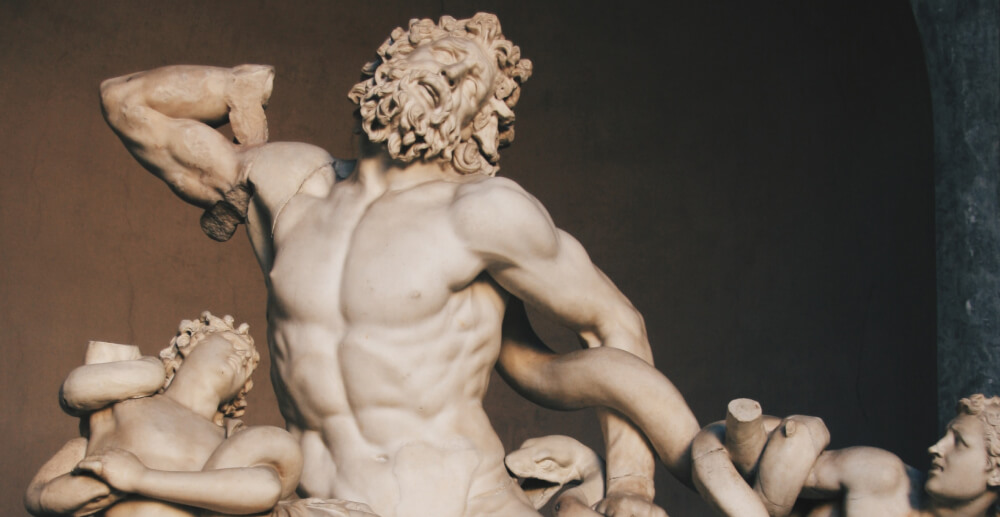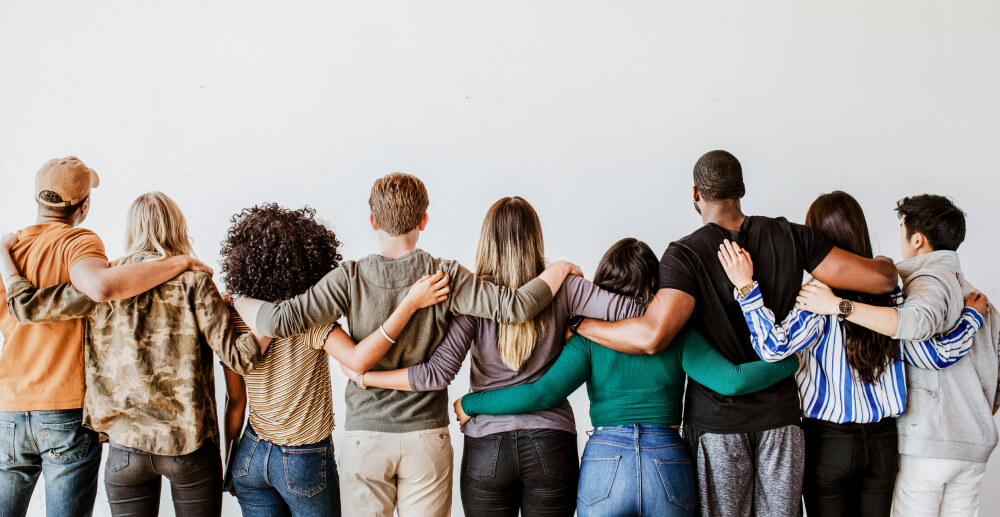An Addict’s Struggle with Acceptance
A few days after I made the decision to stop drinking, I went to a 12-step meeting. I didn’t want to go. I’d been to meetings before with the intention of supporting a friend and I didn’t care for it. First of all, there are a lot of annoying slogans like “One day at a time.” Also, I’m not a joiner. In school, I didn’t belong to any clubs, sports teams, or Girl Scouts.
I despise asking for help. I’m an “I got this” type of person, preferring to handle things myself because if I don’t put myself out, I won’t feel let down. 12-step meetings are a basically a big group of people helping each other and letting themselves be helped and I wanted no part of it. But, I knew I had a drinking problem, that much was clear, and I desperately wanted to stop. Therapy hadn’t worked, willpower certainly hadn’t worked, and meditating was out of the question, so I knew I had to try.
But sitting in the meeting, I felt horrified it had come to this. I didn’t want to be an alcoholic! I wasn’t convinced I was an alcoholic. In fact, I even hated the word “alcoholic.” It was so final! If you go around labeling yourself an alcoholic, then you can’t exactly start drinking again otherwise you’re a “sad alchie who’s drinking again” instead of just “a person who wanted to get healthy and sort things out before getting back to enjoying a glass of wine once in a while.” But, alcoholic or not, I knew I didn’t want to drink again and I was willing to do what it took to make sure I didn’t.
“I wasn’t convinced I was an alcoholic. In fact, I even hated the word “alcoholic.” It was so final!”
So I kept coming back, meeting after meeting.
But I was still fighting it in my mind. For a while, I only saw the differences in my drinking from other people’s: They came from a long line of Irish alcoholics, they had multiple DUIs, they’d been homeless, they lost everything, they woke up with the shakes, they drank vanilla extract when they ran out of vodka. I didn’t do any of those things! I was normal in comparison. I drove a minivan for crying out loud! I secretly suspected that possibly I was a special case, not as bad, dare I say superior somehow? In one meeting I bravely shared about it. “I think my situation might be different. I think it’s more complicated. I suffer from anxiety.” And everyone cracked up. Bastards.
But slowly I started to hear things I related to. About 9 months into my recovery, I heard a guy say, “I spent years wishing there was a blood test so that I could know for sure I was an alcoholic. But one day I thought, ‘if I died and went up to heaven and God told me that I hadn’t been an alcoholic after all, would I regret that I stayed sober all these years?’ and I knew the answer was no.” The answer was no for me too.
“But one day I thought, ‘if I died and went up to heaven and God told me that I hadn’t been an alcoholic after all, would I regret that I stayed sober all these years?’ and I knew the answer was no.” The answer was no for me too.”
I started attending women’s meetings where I met other people, including moms who had drinking histories like mine. When I listened to people tell their stories I tried to focus on the similarities. It wasn’t magic but eventually, it stopped mattering so much whether or not I fit a stereotypical movie depiction of an alcoholic. I focused on one of the traditions: The only requirement for membership is a desire to quit drinking. My desire to stay sober was always a little bit stronger than my desire to drink. I began to have gratitude for having been given the clarity to stop drinking when I did and not waiting for it to get worse.
And then one day, about a year into sobriety, I was having one of those moments where I wondered if I’d really been that bad. Hadn’t there been times when I drank normally? Did I really need to quit forever? What if I went on an all-inclusive vacation to Cancun? Am I really going to turn down free drinks? Who does that? And then I had an epiphany: People who aren’t addicts do not spend this much time and energy debating with themselves about whether or not they are addicts. Finally, I got out of denial and I found acceptance. And in giving up the fight, I found freedom. Looking back now it’s so obvious to me that I am and was a big old alcoholic. And so I stay sober, you guessed it, One Day at a Time.









